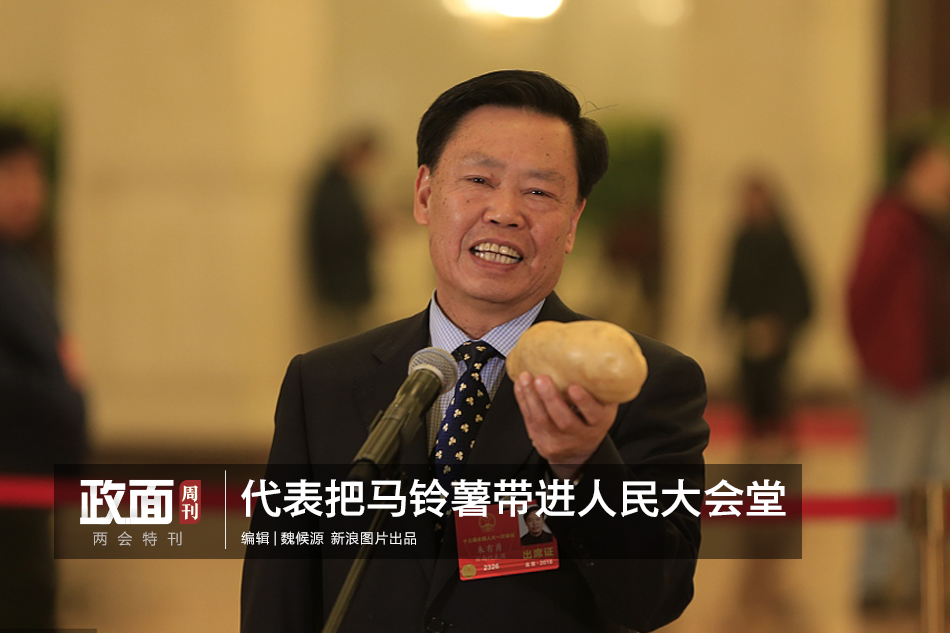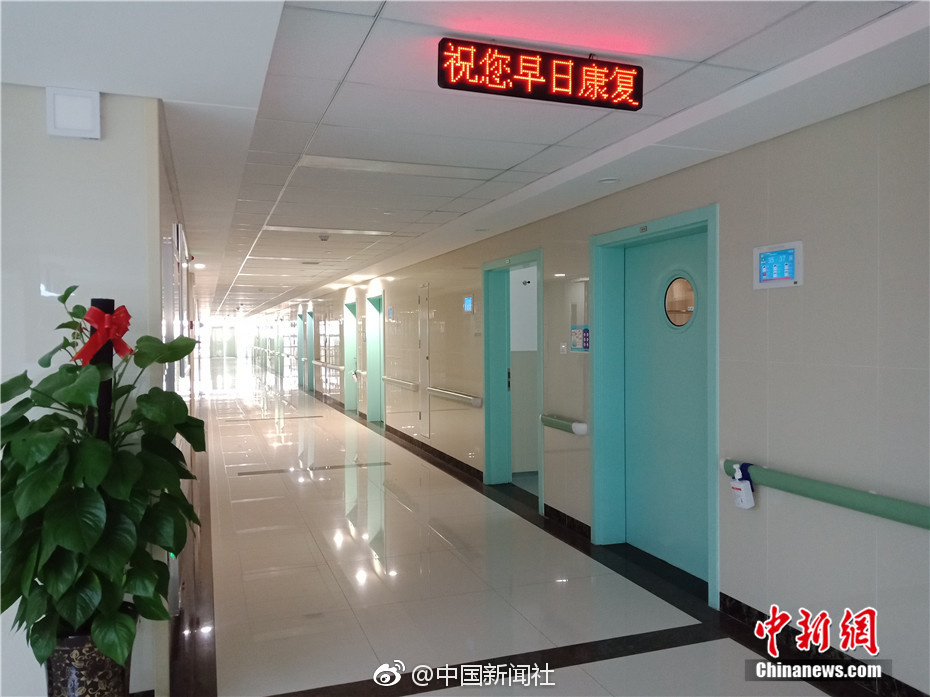
1. The five functions of the operating system are processor management, memory management, device management, file management and job management. Processor management The most basic function of processor management is to process interrupt events. After configuring the operating system, various events can be processed.
2. The main function of the computer operating system is process management, and its work is mainly process scheduling. In the case of a single user and a single taskNext, the processor is only monopolized by one user's task, and the process management work is very simple.
3. Operating System (abbreviation: OS) is a group of interrelated system software programs that supervise and control computer operation, use and run hardware, software resources and provide public services to organize user interaction.
4. Five major management functions of the operating system: (1) Job management: including tasks, interface management, human-computer interaction, graphical interface, voice control and virtual reality, etc. ( 2) File management: also known as information management. ( 3) Storage management: The essence is the management of storage "space", which mainly refers to the management of the main memory.
Any information system has five basic functions, namely: information collection and recording (input); information storage; information processing; information transmission; information output .
According to the functional introduction of the information system, the information system has five basic functions: input, storage, processing, output and control. Different functions have different functions, such as input function: the input function of the information system is determined by the purpose to be achieved by the system, the ability of the system and the permission of the information environment.
Five basic functions of the information system: input, storage, processing, output and control. Input function: The input function of the information system is determined by the purpose to be achieved by the system, the ability of the system and the permission of the information environment.Storage function: Storage function refers to the ability of the system to store various information and data. Mainly including: statistical functions.
The operating system has five functions: processor management: mainly controls and manages the work of the CPU. Storage management: mainly allocate and manage memory. Device management: mainly manage basic input and output devices. File management: responsible for the organization, storage, operation and protection of computer files.
The functions of the computer operating system include: processor management, memory management, device management, file management, job management and other functional modules. Processor management. The most basic function of processor management is to handle interrupt events. The processor can only detect interrupt events and generate interrupts and cannot process them.
The main function of the computer operating system is process management, and its main work is process scheduling. In the case of a single user and a single task, the processor is only monopolized by one user's task, and the work of process management is very simple.
The main functions of the operating system are process and processor management, job management, storage management, device management and file management, as follows: process and processor management. Because the execution of the program must rely on the processor, only one program flow can be processed and executed at any time. Homework management.
I) Processor management The most basic function of processor management is to handle interrupt events. The processor can only detect interrupt events and generate interrupts, and cannot handle these interrupt events. After configuring the operating system, all types of events can be handled.Another function of processor management is processor scheduling.
Five management functions of the operating system: job management: including tasks, interface management, human-computer interaction, graphical interface, voice control and virtual reality, etc. File management: also known as information management. Storage management: The essence is the management of storage "space", which mainly refers to the management of the main memory.

The storage management function of the operating system is to manage memory resources. It mainly realizes memory allocation and recovery, storage protection and memory expansion. The device management of the device management operating system is responsible for allocating and recycling external devices, and controlling external devices to operate according to the requirements of user programs.
The functions of the computer operating system include: processor management, memory management, device management, file management, job management and other functional modules. Processor management. The most basic function of processor management is to handle interrupt events. The processor can only detect interrupt events and generate interrupts and cannot process them.
The five functions of the operating system are processor management, memory management, device management, file management and job management.Processor management The most basic function of processor management is to process interrupt events. After configuring the operating system, various events can be processed.
UEFA EURO-APP, download it now, new users will receive a novice gift pack.
1. The five functions of the operating system are processor management, memory management, device management, file management and job management. Processor management The most basic function of processor management is to process interrupt events. After configuring the operating system, various events can be processed.
2. The main function of the computer operating system is process management, and its work is mainly process scheduling. In the case of a single user and a single taskNext, the processor is only monopolized by one user's task, and the process management work is very simple.
3. Operating System (abbreviation: OS) is a group of interrelated system software programs that supervise and control computer operation, use and run hardware, software resources and provide public services to organize user interaction.
4. Five major management functions of the operating system: (1) Job management: including tasks, interface management, human-computer interaction, graphical interface, voice control and virtual reality, etc. ( 2) File management: also known as information management. ( 3) Storage management: The essence is the management of storage "space", which mainly refers to the management of the main memory.
Any information system has five basic functions, namely: information collection and recording (input); information storage; information processing; information transmission; information output .
According to the functional introduction of the information system, the information system has five basic functions: input, storage, processing, output and control. Different functions have different functions, such as input function: the input function of the information system is determined by the purpose to be achieved by the system, the ability of the system and the permission of the information environment.
Five basic functions of the information system: input, storage, processing, output and control. Input function: The input function of the information system is determined by the purpose to be achieved by the system, the ability of the system and the permission of the information environment.Storage function: Storage function refers to the ability of the system to store various information and data. Mainly including: statistical functions.
The operating system has five functions: processor management: mainly controls and manages the work of the CPU. Storage management: mainly allocate and manage memory. Device management: mainly manage basic input and output devices. File management: responsible for the organization, storage, operation and protection of computer files.
The functions of the computer operating system include: processor management, memory management, device management, file management, job management and other functional modules. Processor management. The most basic function of processor management is to handle interrupt events. The processor can only detect interrupt events and generate interrupts and cannot process them.
The main function of the computer operating system is process management, and its main work is process scheduling. In the case of a single user and a single task, the processor is only monopolized by one user's task, and the work of process management is very simple.
The main functions of the operating system are process and processor management, job management, storage management, device management and file management, as follows: process and processor management. Because the execution of the program must rely on the processor, only one program flow can be processed and executed at any time. Homework management.
I) Processor management The most basic function of processor management is to handle interrupt events. The processor can only detect interrupt events and generate interrupts, and cannot handle these interrupt events. After configuring the operating system, all types of events can be handled.Another function of processor management is processor scheduling.
Five management functions of the operating system: job management: including tasks, interface management, human-computer interaction, graphical interface, voice control and virtual reality, etc. File management: also known as information management. Storage management: The essence is the management of storage "space", which mainly refers to the management of the main memory.

The storage management function of the operating system is to manage memory resources. It mainly realizes memory allocation and recovery, storage protection and memory expansion. The device management of the device management operating system is responsible for allocating and recycling external devices, and controlling external devices to operate according to the requirements of user programs.
The functions of the computer operating system include: processor management, memory management, device management, file management, job management and other functional modules. Processor management. The most basic function of processor management is to handle interrupt events. The processor can only detect interrupt events and generate interrupts and cannot process them.
The five functions of the operating system are processor management, memory management, device management, file management and job management.Processor management The most basic function of processor management is to process interrupt events. After configuring the operating system, various events can be processed.
Free sports events uefa champions league app android
author: 2025-02-22 23:46App to watch Champions League live free
author: 2025-02-23 00:39 UEFA live free
UEFA live free
721.79MB
Check Arena plus APK
Arena plus APK
934.29MB
Check Casino redeem
Casino redeem
479.89MB
Check Hearthstone Arena win rate
Hearthstone Arena win rate
886.32MB
Check Arena Plus login
Arena Plus login
116.64MB
Check Hearthstone arena class win rates reddit
Hearthstone arena class win rates reddit
369.92MB
Check UEFA Champions League live streaming app
UEFA Champions League live streaming app
213.27MB
Check Hearthstone Arena win rate
Hearthstone Arena win rate
144.44MB
Check European Cup live
European Cup live
847.26MB
Check UEFA Champions League live streaming free
UEFA Champions League live streaming free
243.22MB
Check Hearthstone Arena class tier list 2024
Hearthstone Arena class tier list 2024
721.22MB
Check Arena Plus login
Arena Plus login
726.29MB
Check bingo plus update today
bingo plus update today
431.38MB
Check Casino Plus app
Casino Plus app
192.63MB
Check Hearthstone Arena Tier List
Hearthstone Arena Tier List
429.13MB
Check UEFA Champions League
UEFA Champions League
944.79MB
Check Hearthstone Arena class tier list 2024
Hearthstone Arena class tier list 2024
477.44MB
Check Casino free 100 no deposit
Casino free 100 no deposit
693.61MB
Check Hearthstone arena
Hearthstone arena
221.66MB
Check Casino redeem
Casino redeem
921.97MB
Check Hearthstone Wild Decks
Hearthstone Wild Decks
845.13MB
Check UEFA EURO
UEFA EURO
564.78MB
Check UEFA Champions League live streaming free
UEFA Champions League live streaming free
591.34MB
Check Hearthstone arena class win rates reddit
Hearthstone arena class win rates reddit
679.35MB
Check DigiPlus
DigiPlus
962.84MB
Check Europa League app
Europa League app
798.19MB
Check Hearthstone Arena Tier List
Hearthstone Arena Tier List
825.47MB
Check Bingo Plus
Bingo Plus
532.96MB
Check Arena Plus login
Arena Plus login
122.35MB
Check Hearthstone Arena class tier list 2024
Hearthstone Arena class tier list 2024
219.19MB
Check LR stock price Philippines
LR stock price Philippines
416.49MB
Check Hearthstone arena
Hearthstone arena
518.77MB
Check DigiPlus
DigiPlus
349.91MB
Check Hearthstone Arena win rate
Hearthstone Arena win rate
941.77MB
Check Casino free 100 no deposit
Casino free 100 no deposit
297.65MB
Check Free sports events uefa champions league app android
Free sports events uefa champions league app android
897.42MB
Check
Scan to install
UEFA EURO to discover more
Netizen comments More
753 Casino free 100 no deposit
2025-02-23 00:51 recommend
2873 Bingo Plus stock
2025-02-23 00:51 recommend
2592 Arena plus APK
2025-02-23 00:12 recommend
1068 Arena plus APK
2025-02-22 23:33 recommend
2989 Champions League
2025-02-22 23:12 recommend